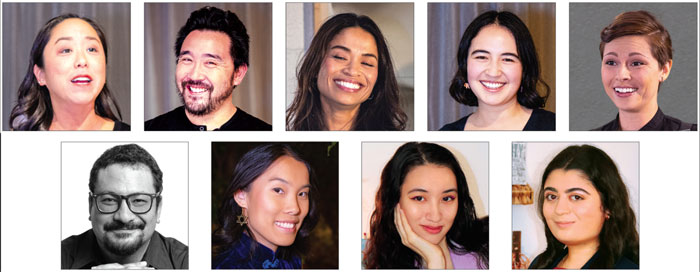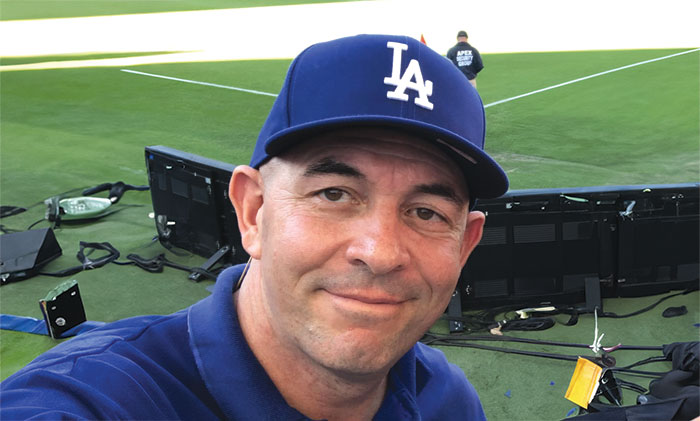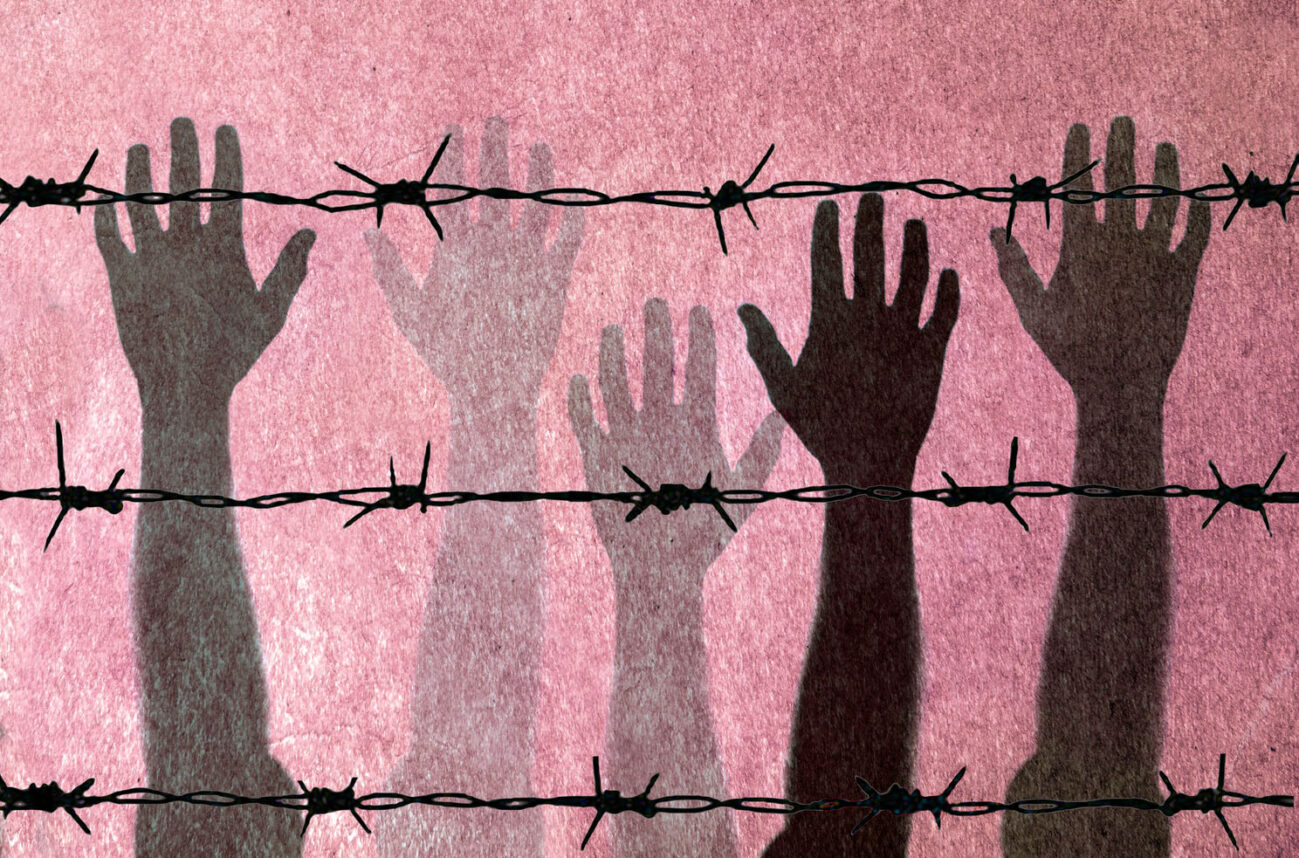When a friend called with holiday wishes, I asked, “What happened for you this year?”
“I no longer think I’m a bad person,” he replied.
I know my friend to be kind, gentle and loving, but I could tell he was serious.
“How wonderful,” I said, “a breakthrough.”
“A real breakthrough! I feel like a new person.”
“How did it happen?”
“I’m not sure. I’ve been meditating really hard this year on Elohai Neshamah,” he said, referring to the morning prayer that begins, “My God, the soul you have given me is pure.” “And one day I realized I believed it, that I was no longer saying it as just an earnest wish, but that I felt it to be true.”
Elohai neshamah shenatata bi tehora hi.
“My God, the soul you have given me is pure.”
How many of us think, as my friend used to, that we are essentially bad people? We feel we don’t deserve to be on the guest list for the Days of Awe, forgetting that those days were invented by our sages as an opportunity for reconciliation and forgiveness with ourselves as well as with others — including God.
“Judge all people with the scale weighted in their favor,” said Joshua ben Perachiah in Avot de Rabbi Natan (The Fathers According to Rabbi Nathan). Imagine if we truly did that — judged all people with a scale weighted in each person’s favor. Then might we come to understand that “all people” includes ourselves.
“Judge all people with the scale weighted in their favor.” Given Torah’s injunctions to weigh things on an honest scale, this at first seems a surprising model for a rabbinic sage to provide. The zodiac sign for the Hebrew month of Tishrei — the month we’re in right now — is a set of scales, referring, according to tradition, to this time of judgment. But how remarkable to imagine that God’s scale — and just as important, our own — is weighted in our favor! Might it mean there is hope for us after all? Hope for how we treat one another, ourselves and God; and hope for how God will treat us.
On this Yom Kippur, as we reflect on our lives, what if we put aside our internalized negative self-judgments? What is it for you — shame, doubt? What gives you the feeling that you are somehow unforgivable?
On this Yom Kippur, as we recite Kol Nidre — releasing ourselves from vows impossible to keep — can we hear what we need to hear? Can we hear our voices release us from the vows that have held us back, the ones that stopped us in our tracks, the ones we thought made us bad people?
During Yom Kippur day, can we hear one another’s voices asking and offering forgiveness? And can you hear — really hear — your own voice? Hear yourself asking for forgiveness, wholeness, reunion with your self, your soul — for peace?
Our sages could hear you asking. They knew the voices of our earnest hearts to be what God wants from us. Surely that is why, in the Yom Kippur liturgy they created, they provide God’s reply — instantly — as soon as we ask, right at the beginning of the long Day of Atonement. For just as we finish the Kol Nidre itself — the release from vows — we recite these words of entreaty that Moses spoke to God:
“Forgive the wrongdoings of this people, and all who dwell in their midst, according to the greatness of Your covenantal love. For in all of us, Your people, is there unwitting wrongdoing” (Numbers 15:26, 14:19, translation Wings of Awe, p. 249).
And in the very next moment, we chant God’s response to that heartfelt request:
Vayomer Adonai, salachti kidvarecha: And God said, “I have forgiven, as you have asked” (Numbers 14:20).
How remarkable that our machzor, our prayerbook, informs us, at the very beginning of Yom Kippur, that God has already forgiven us.
What will it take this year (and from now on) for you to ask forgiveness of yourself?
And what will it take this year (and from now on) for you to hear not just God saying these words, but to hear your own voice, your own heart, giving you the same answer God repeats to us three times, gently insisting:
Salachti kidvarecha.
“I have forgiven, as you have asked.”
Salachti kidvarecha.
“I have forgiven, as you have asked.”
Salachti kidvarecha.
“I have forgiven, as you have asked.”
G’mar hatimah tovah — may we all be sealed into the book of life for a year of forgiveness and release.






















 More news and opinions than at a Shabbat dinner, right in your inbox.
More news and opinions than at a Shabbat dinner, right in your inbox.